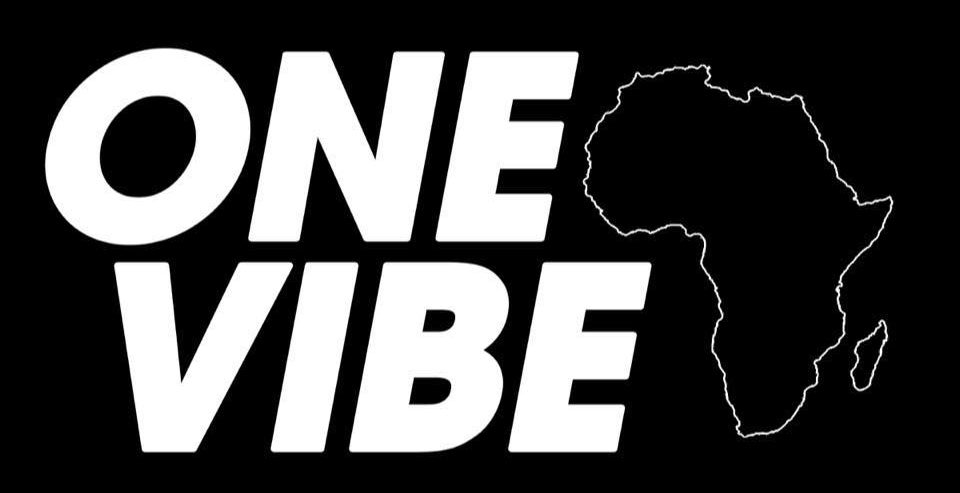Transforming Africa’s Future Through Arts & Culture
Empowering Youth, Amplifying Voices, Creating Change
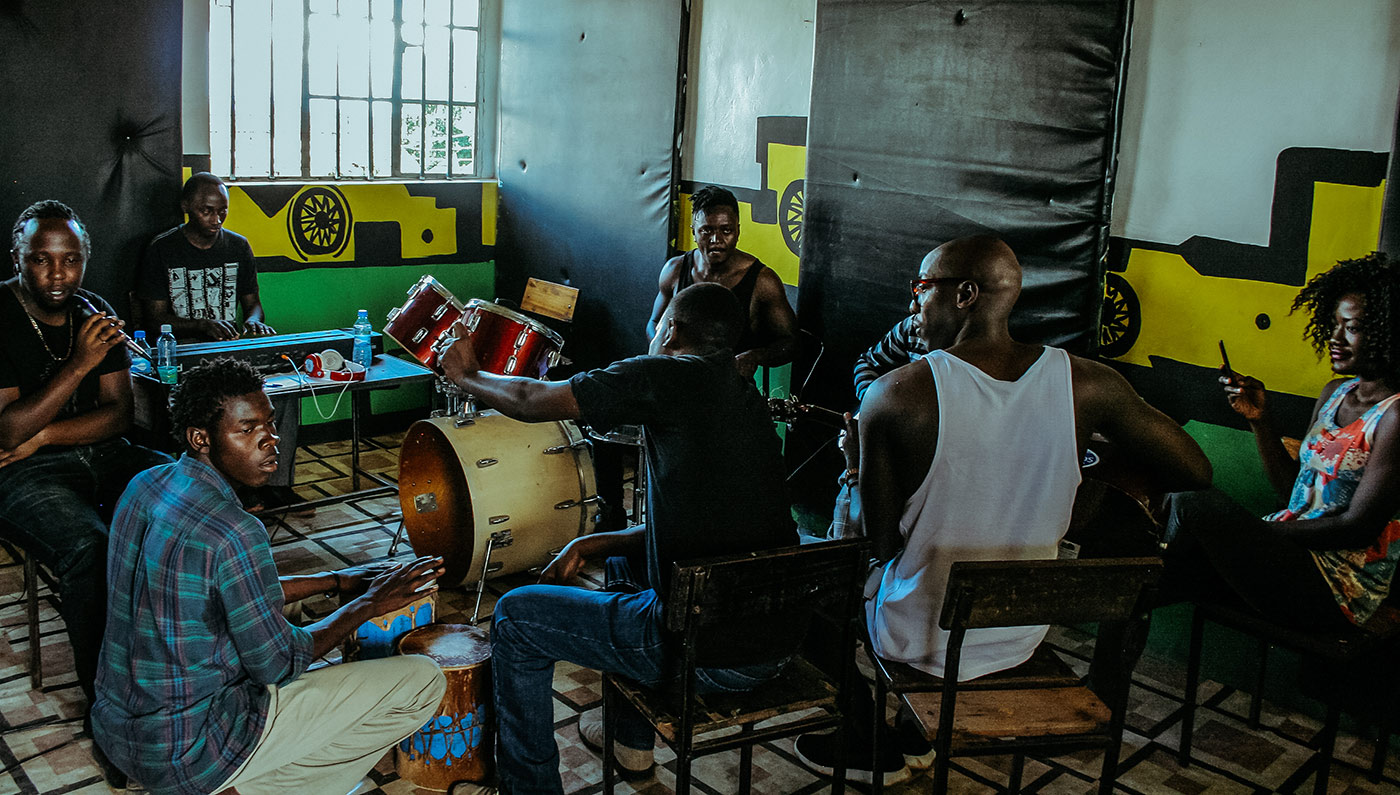
Who We Are
Creating artists. Creating awareness. Creating a unified African narrative.
We inspire and empower youth to transform the world, and to rise up and claim their future.
Mission
One Vibe creates a liberated African narrative through collaboration among Africans “at home” and in the diaspora. Starting with the youth, we generate a future for Africa through cultural events, video content, education, music, and the arts.
Vision
We are creating events, programs, and media for educating the general public about African culture, promoting the arts, innovation, enhancing international cultural and creative collaboration, and mentoring youth.
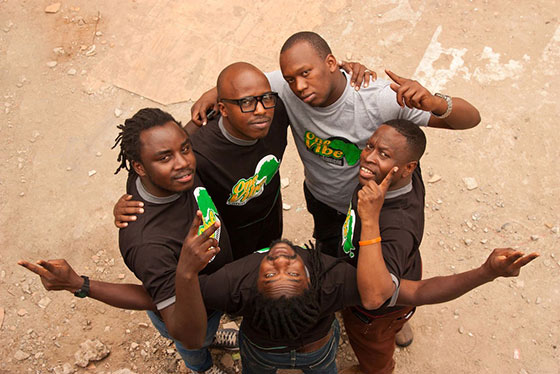
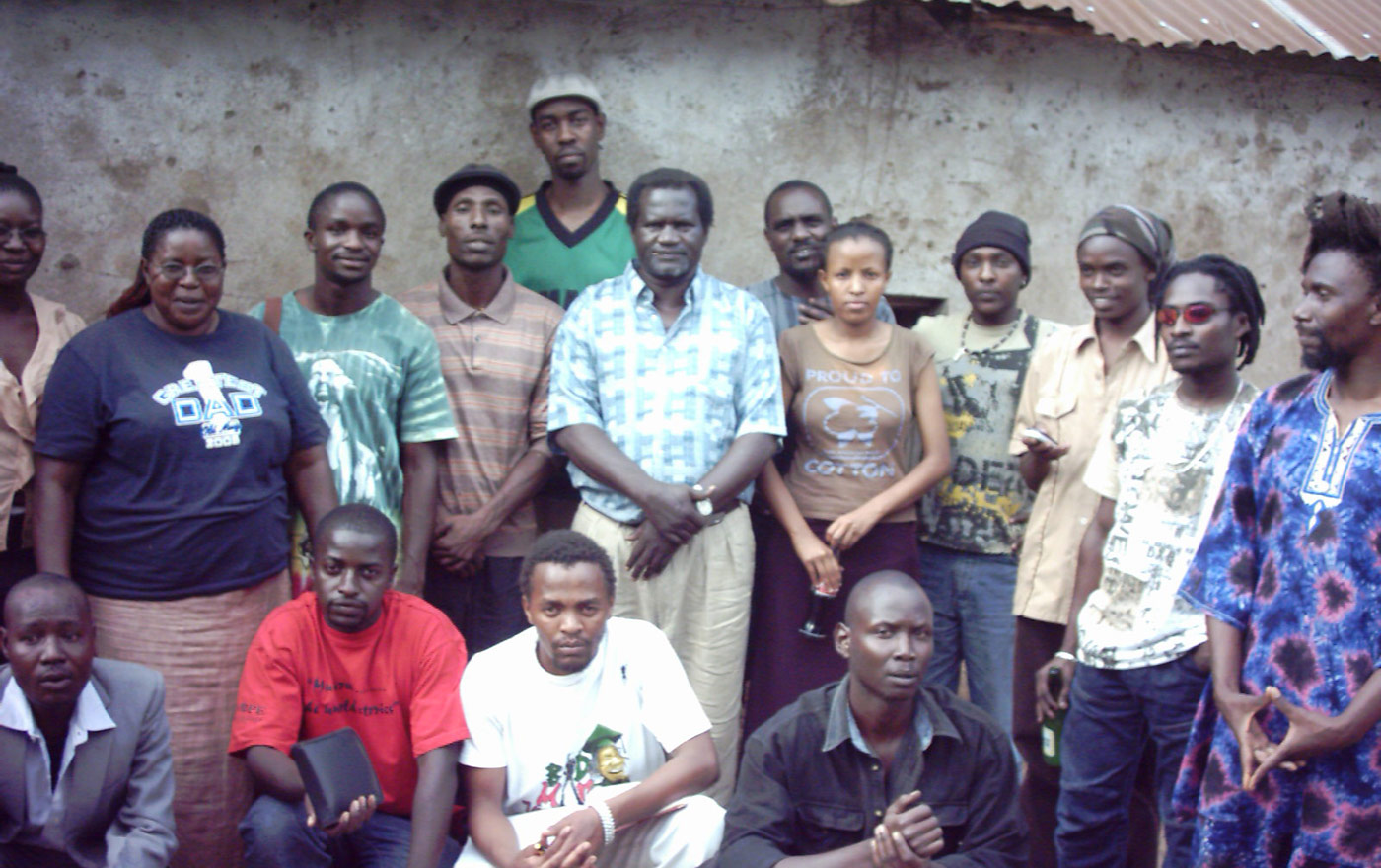
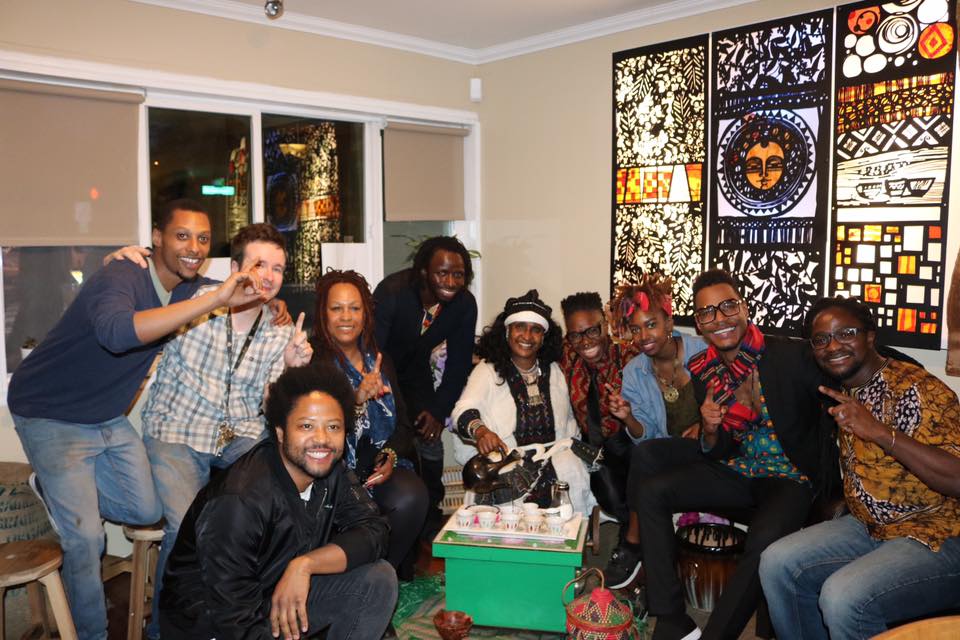
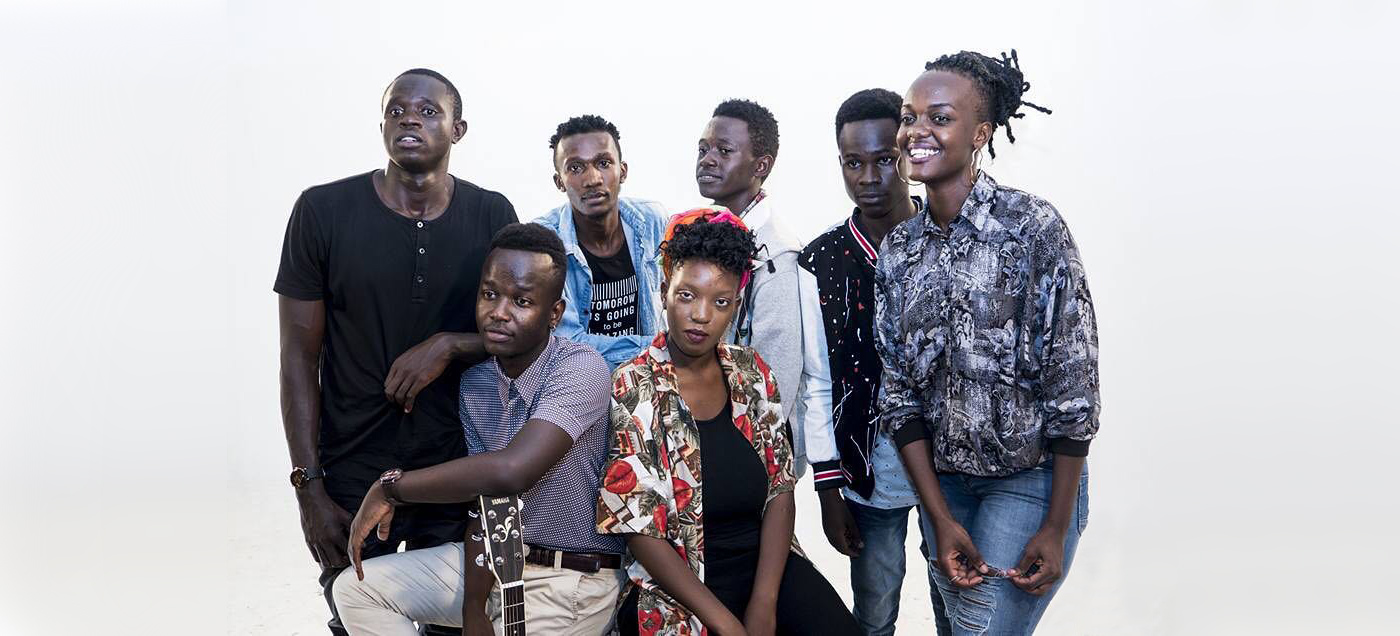
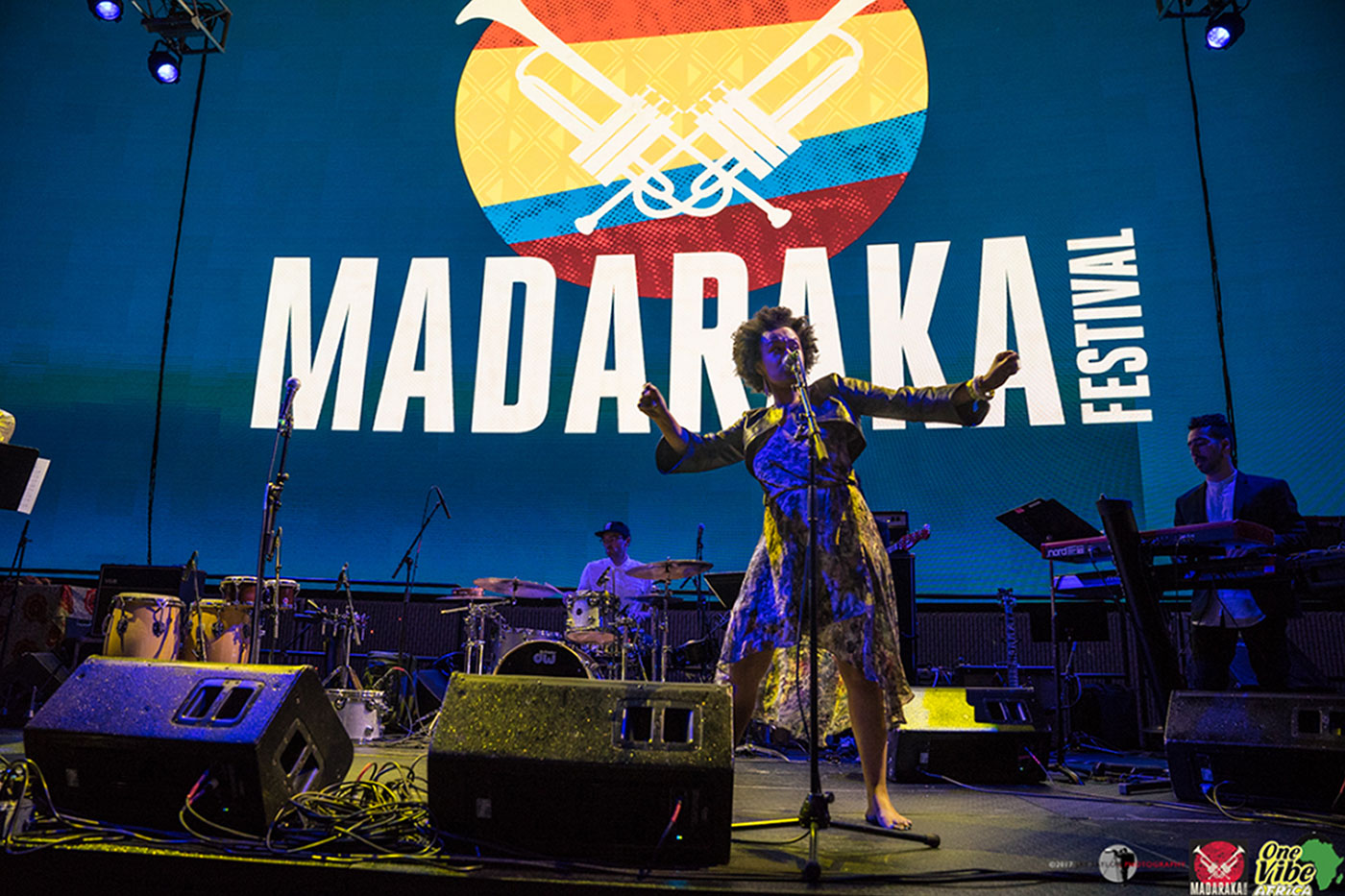
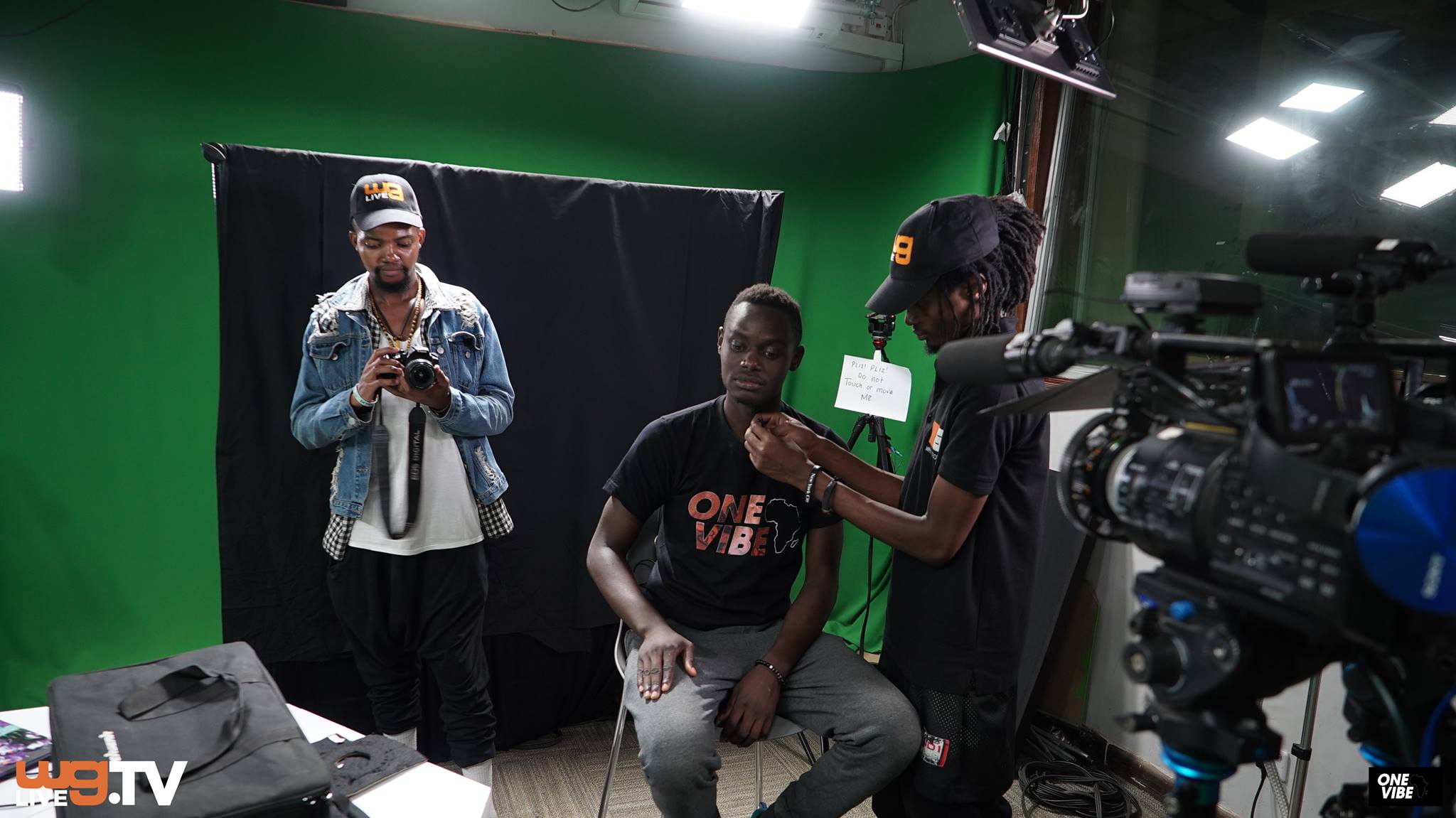
Our Impact
We’re creating lasting change through cultural preservation, youth empowerment, and creative education:
- 15,000+ Youth Artists Mentored & Trained
- 15+ Years of Community Impact
- 12+ African Countries Reached
- 30,000+ Event Attendees Annually
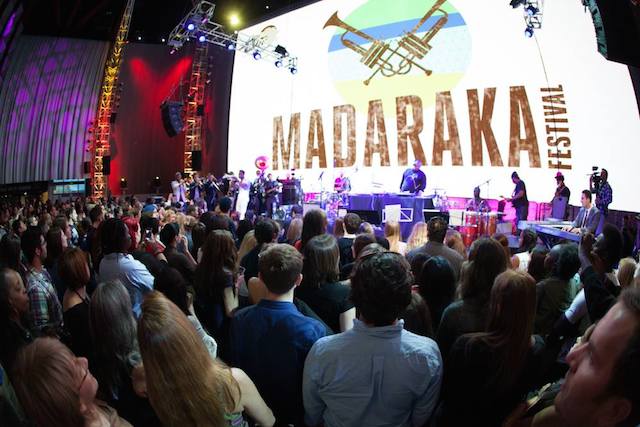
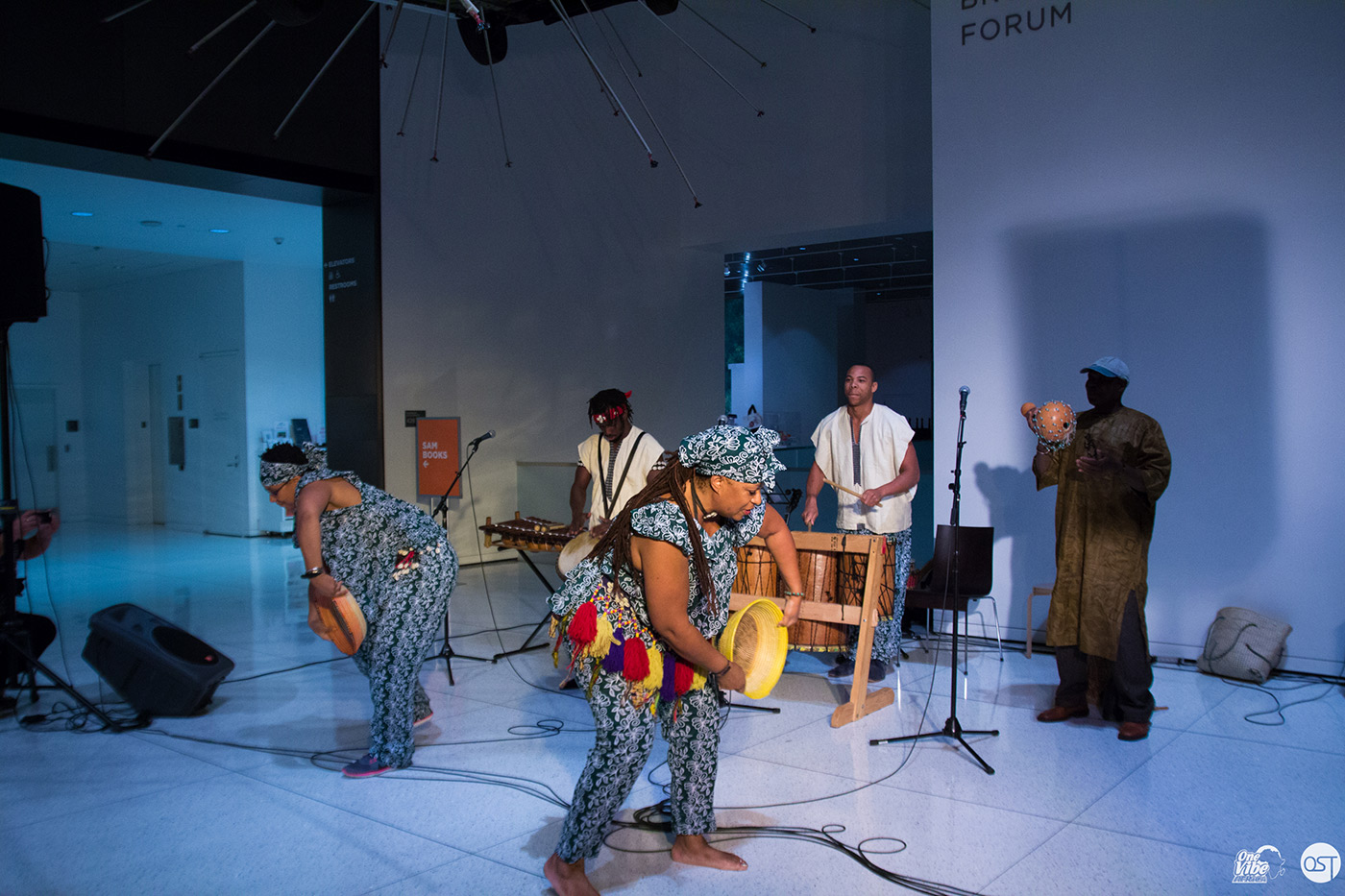
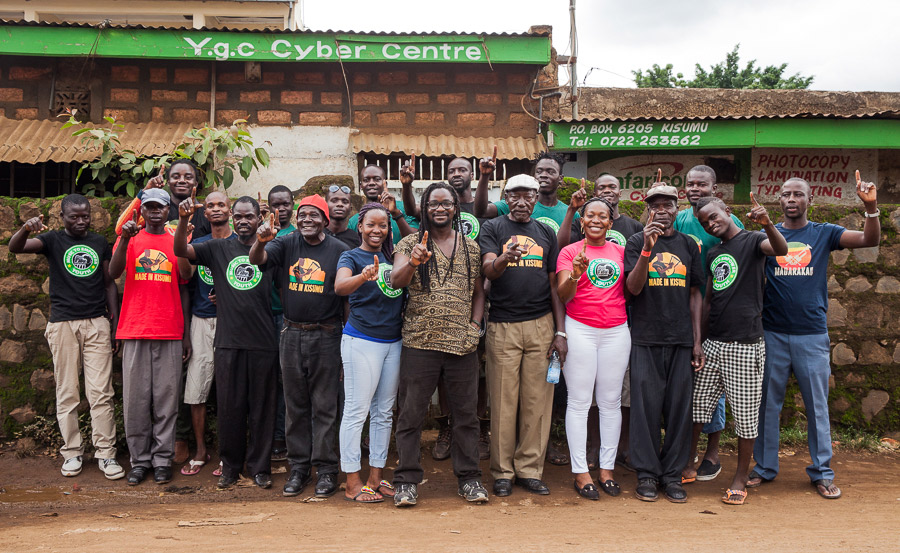
Our Story
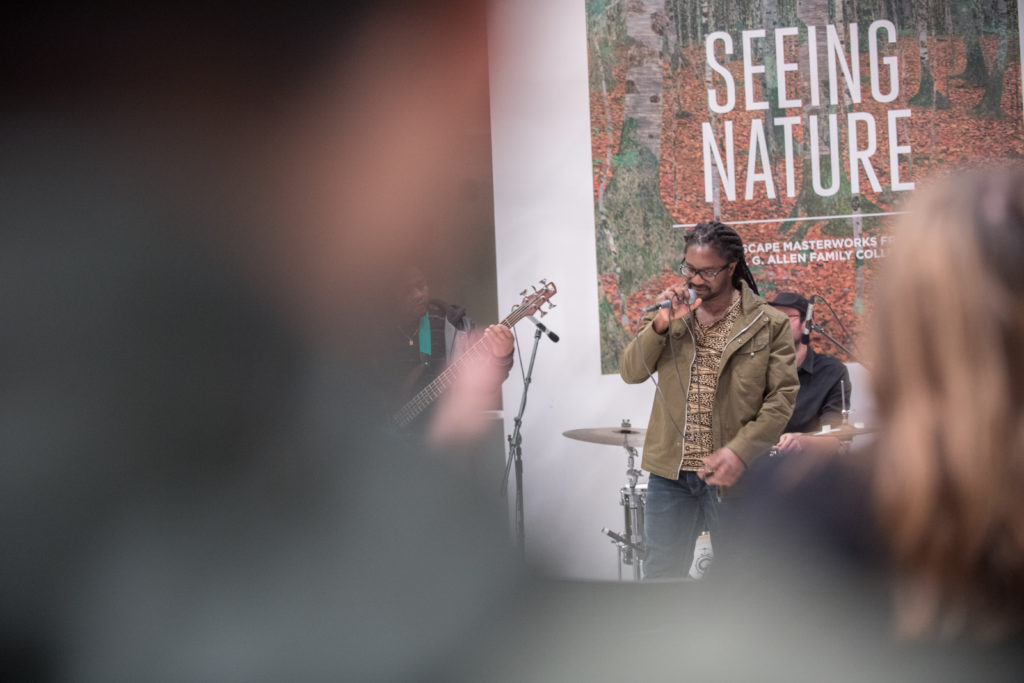
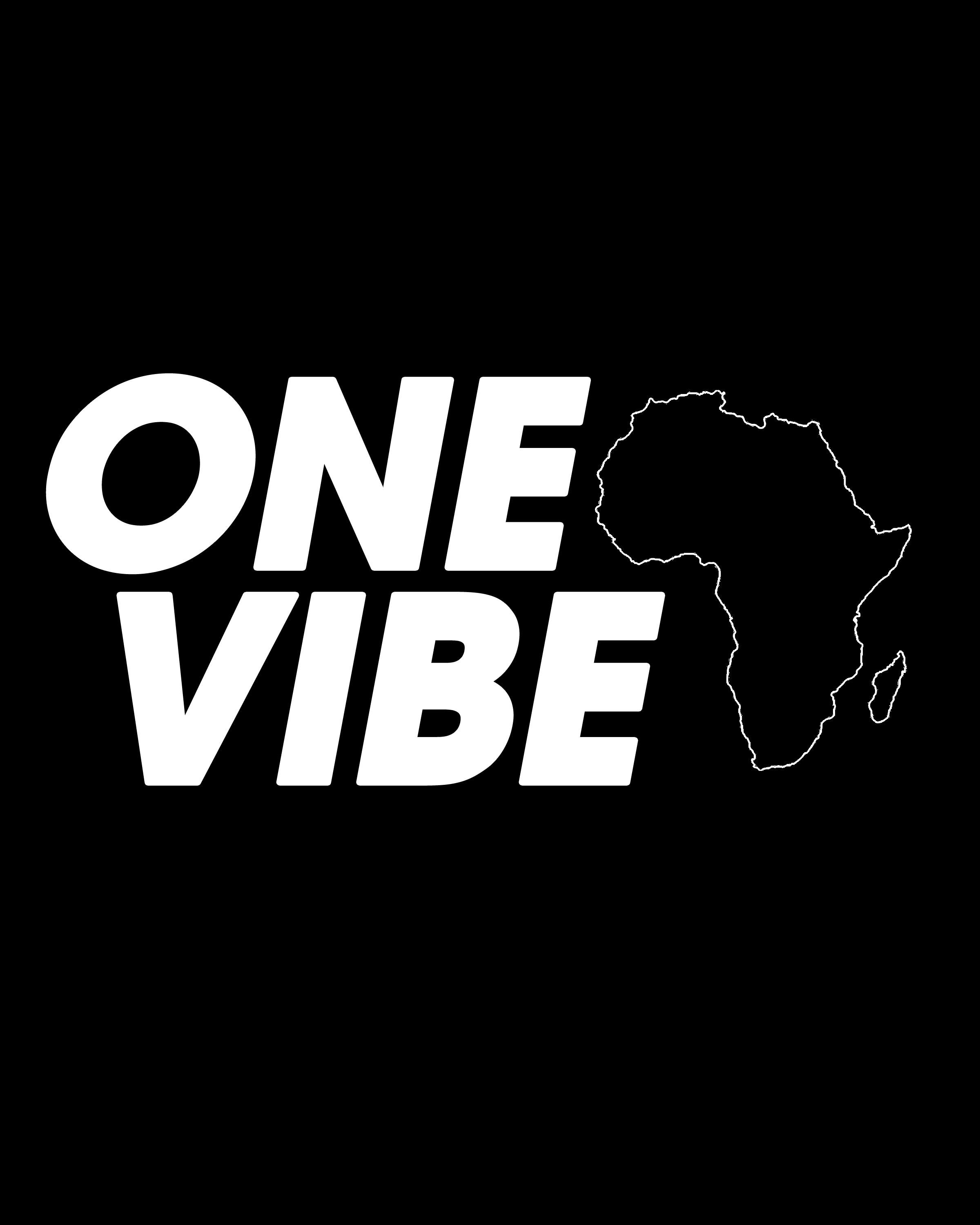
2008 Post Election Violence
Inspired by the events of the violence that caused over 1,000 deaths & 300,000 internally displaced persons, we organized the Unite The People Concert at Kisumu Social Hall. The concert was the first public gathering after the violence and we used the proceeds to feed displaced children at the Young Generation Centre in Manyatta slum.
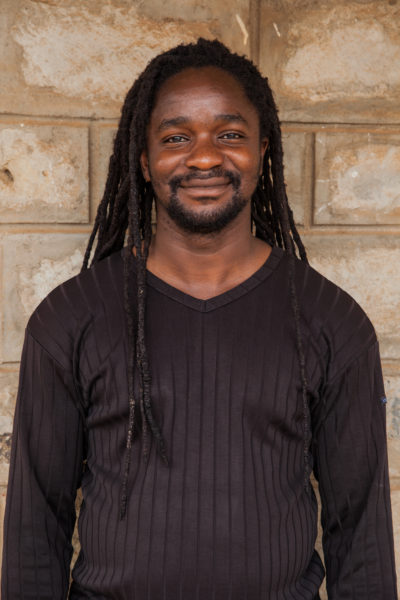
2012 Seattle, Washington
One Vibe’s founder moved to Seattle in 2010, and in 2012 we organized the Unite The People Concert at Nectar Lounge in Seattle, WA to create awareness about the plight of youth in Kisumu.
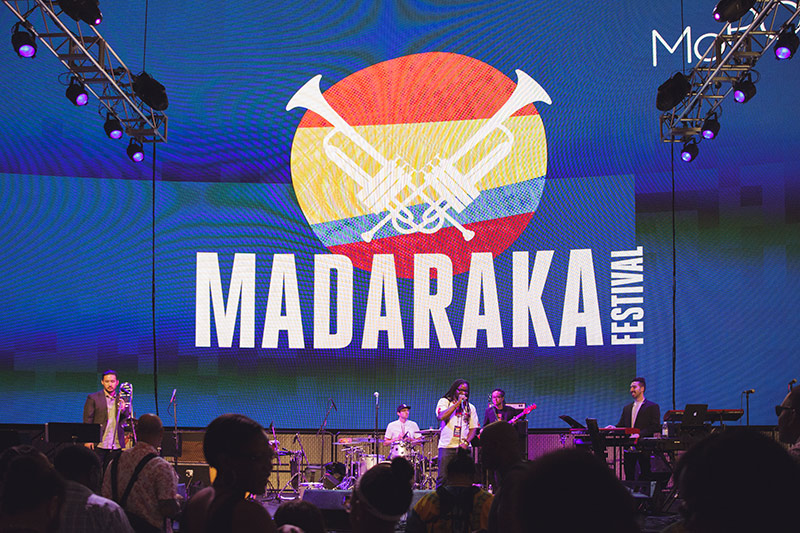
2014 Madaraka Festival
In 2013 we used proceeds from the Unite The People Concert in Seattle to develop an Education Music & Art Program (EMAP) to serve youth in Kisumu. By 2014 EMAP had served over 68 youth, which inspired us to organize the Madaraka Festival at the Museum of Pop Culture (MoPOP), which helped us to raise funds to continue EMAP and also create One Vibe Studio for music and audio recording in Kisumu as a means of generating income to sustain One Vibe Africa.
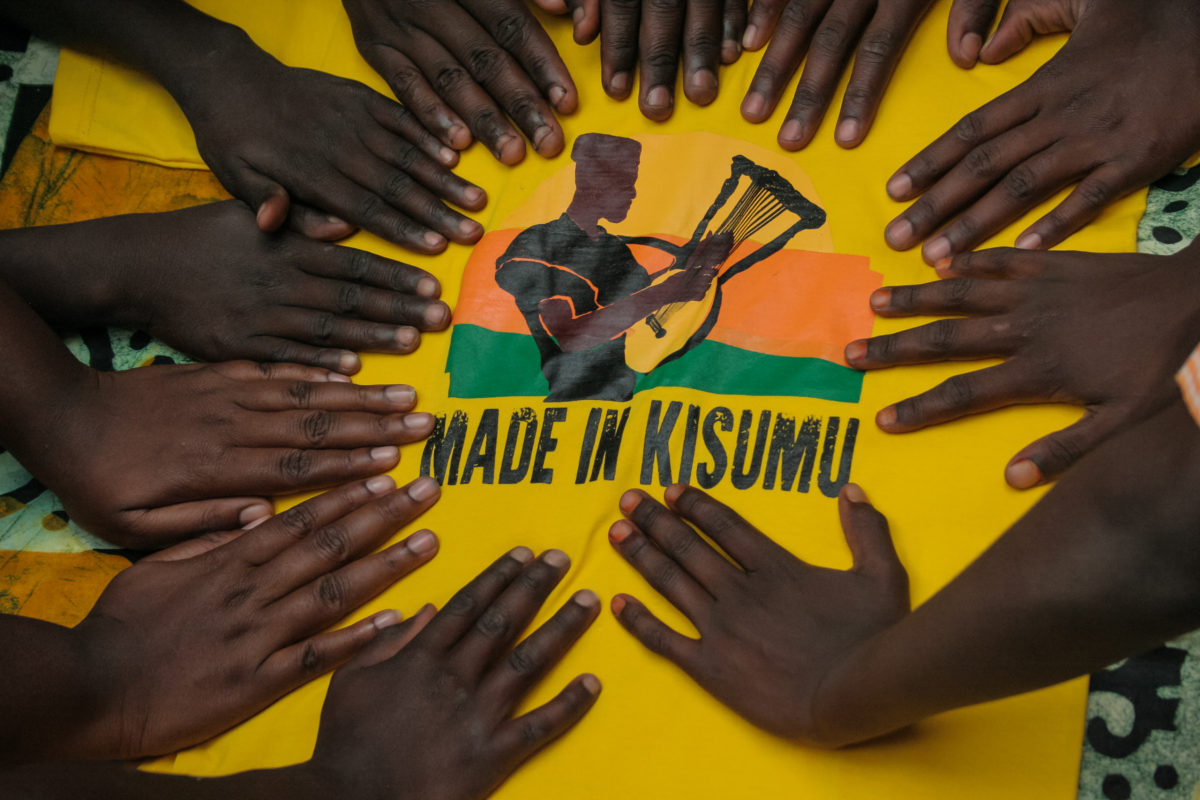
2017 Madaraka The Documentary
In 2015 we used proceeds from Madaraka Festival to fund EMAP, purchase filmmaking equipment, and create One Vibe Films in Kisumu to enhance our income-generating capacity by creating our content and providing the same service to other customers. In 2015 we traveled to Kisumu with a team of twenty filmmakers, creatives, and artists from Seattle, Ghana, and Senegal to produce Madaraka The Documentary, a story about how communities can empower themselves through embracing their culture and collaborating with people from other cultures.

2024 Replicating Concept
Our current aim is to stabilize our programs in Kenya and Seattle to enable us to scale our model and replicate it in other communities with similar needs. We have been approached by communities in Botswana, South Africa, Malawai, Tanzania, Ghana, Uganda, Senegal, South Sudan, Zimbabwe, Jamaica, Liberia, and Nigeria. We did not know that our impact is already being felt that far. For now, we hope to share the story of this concept through Madaraka The Documentary.
Our Partners
Our primary partners are our community members who volunteer to ensure our programs and events continue thriving.
Please email us through info@onevibeafrica.org if you would like to be involved as a volunteer.
Our other partners from across the world include:
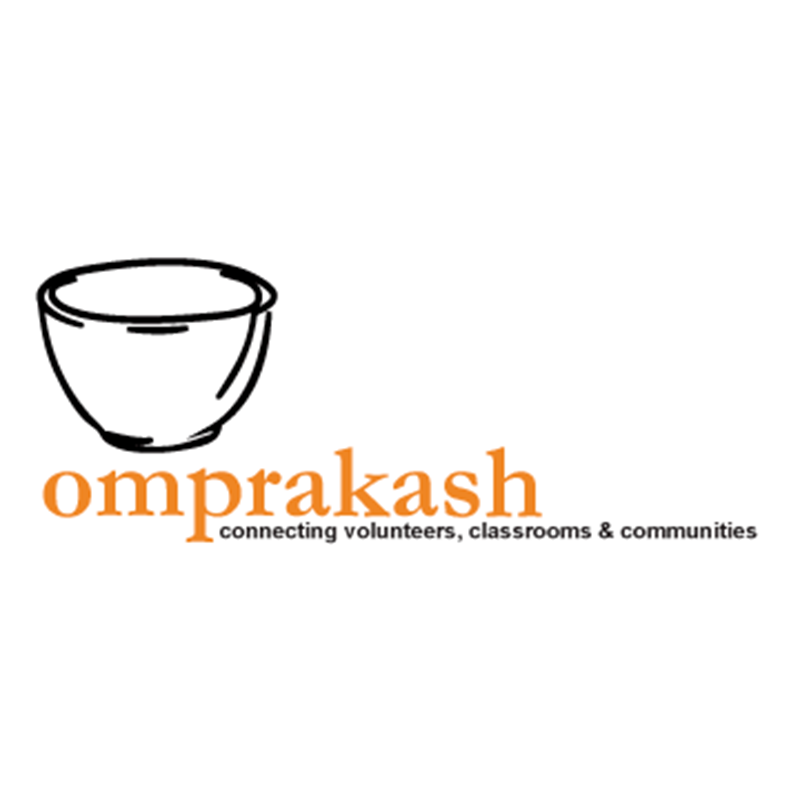
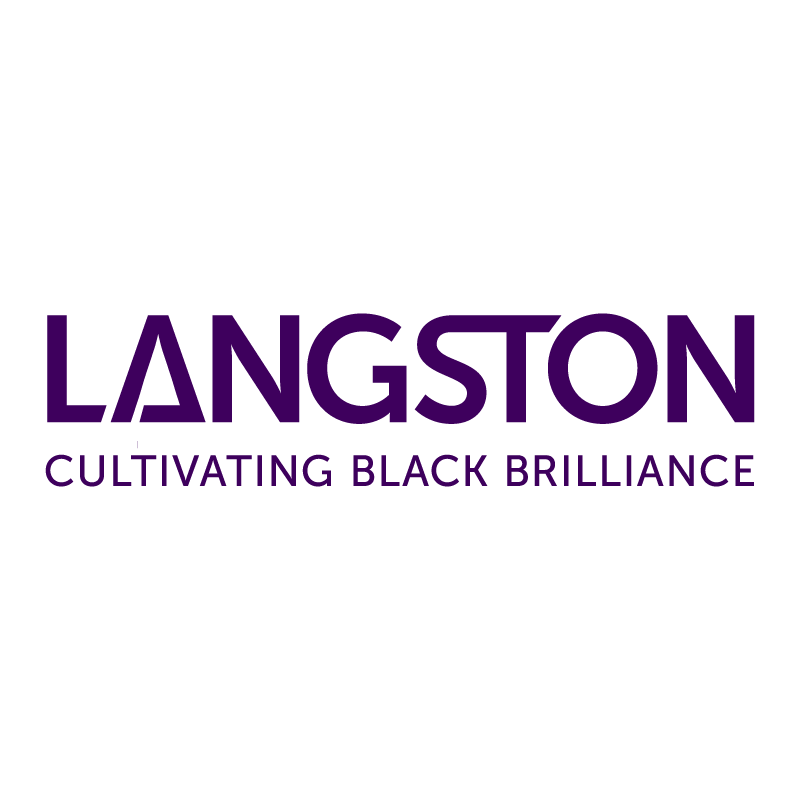
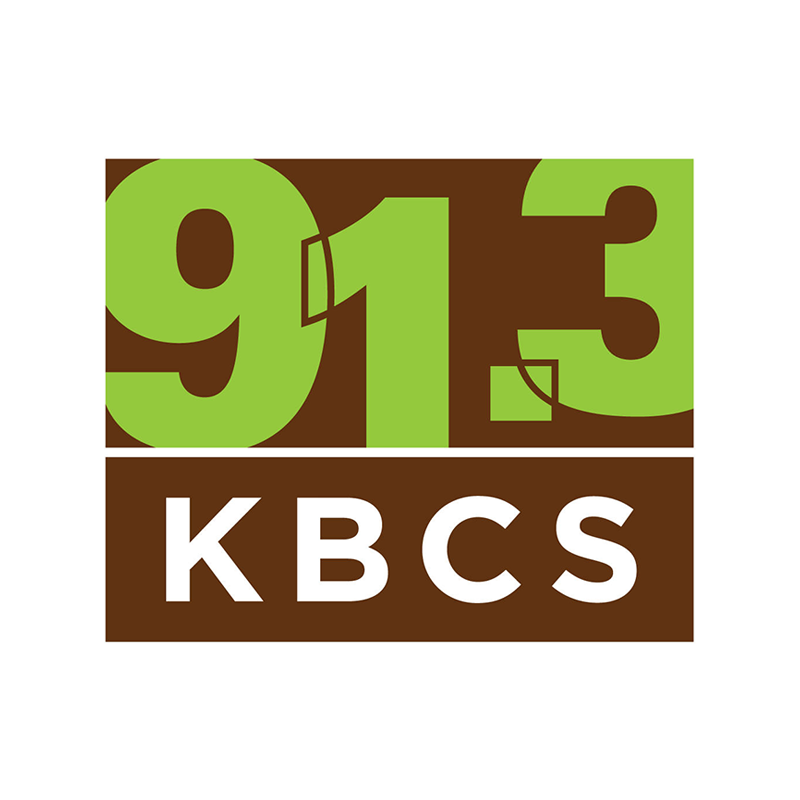
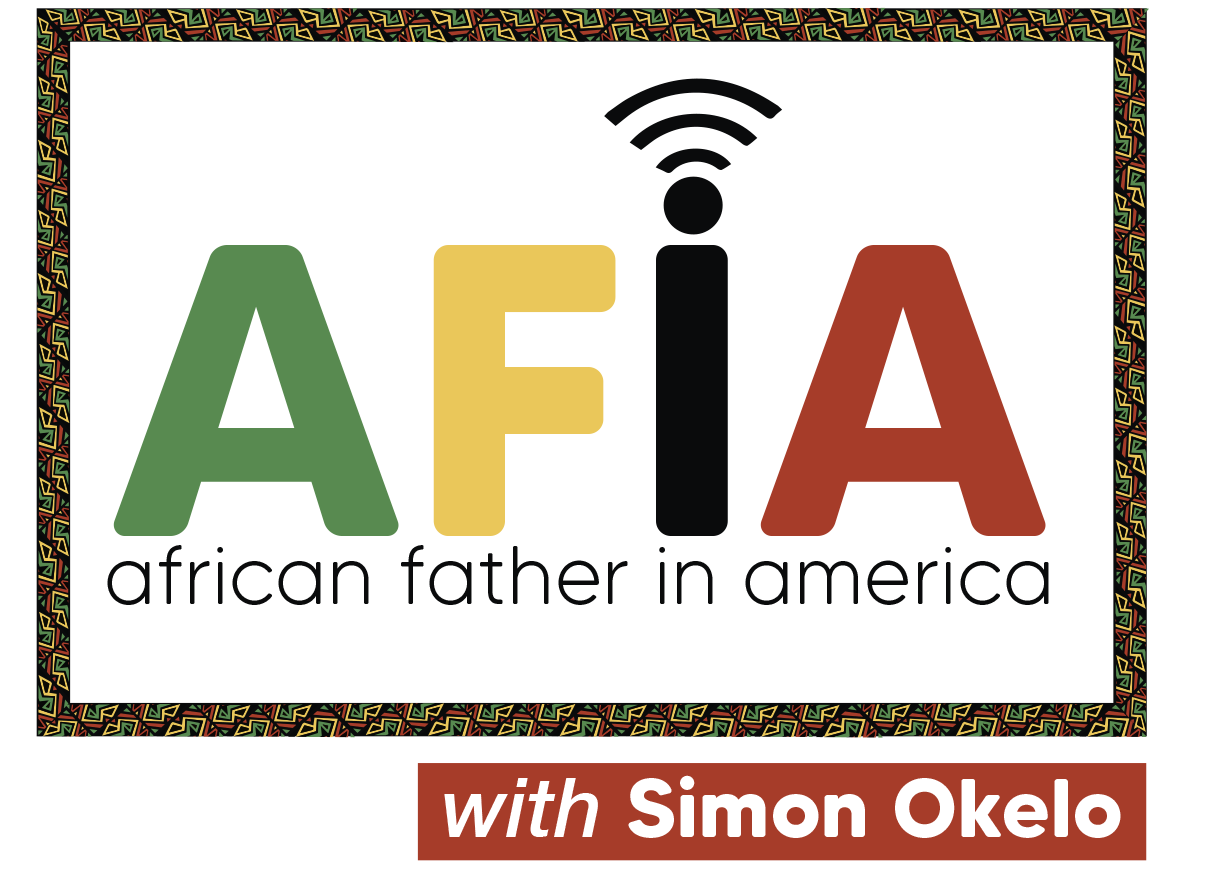
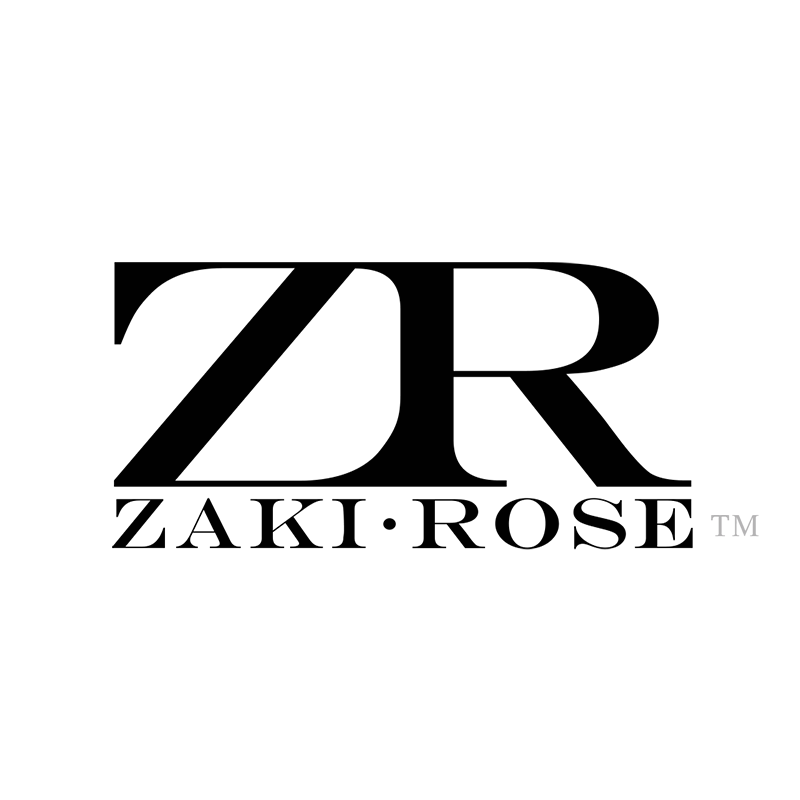
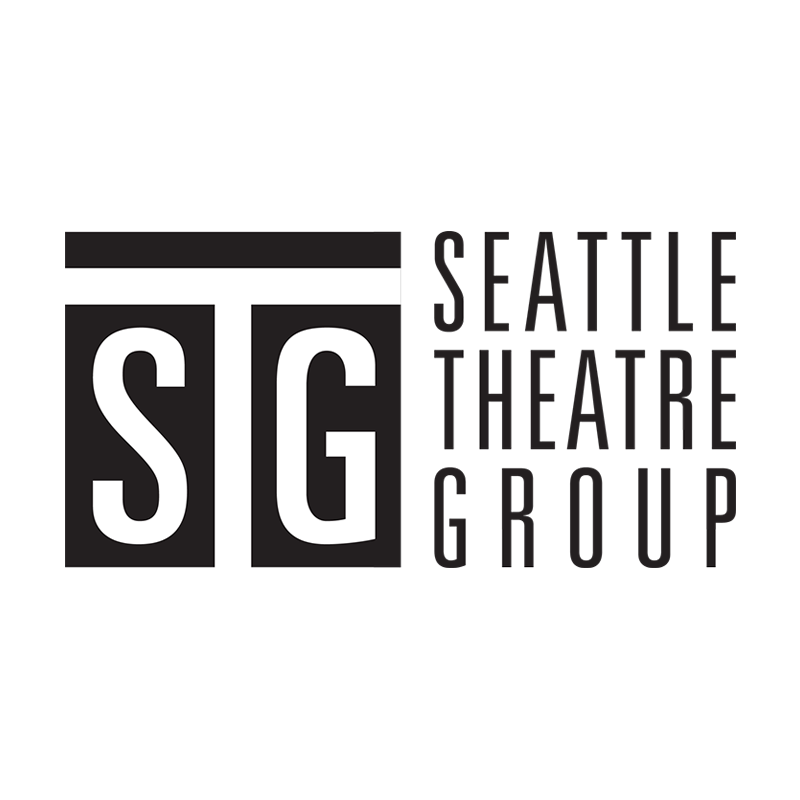
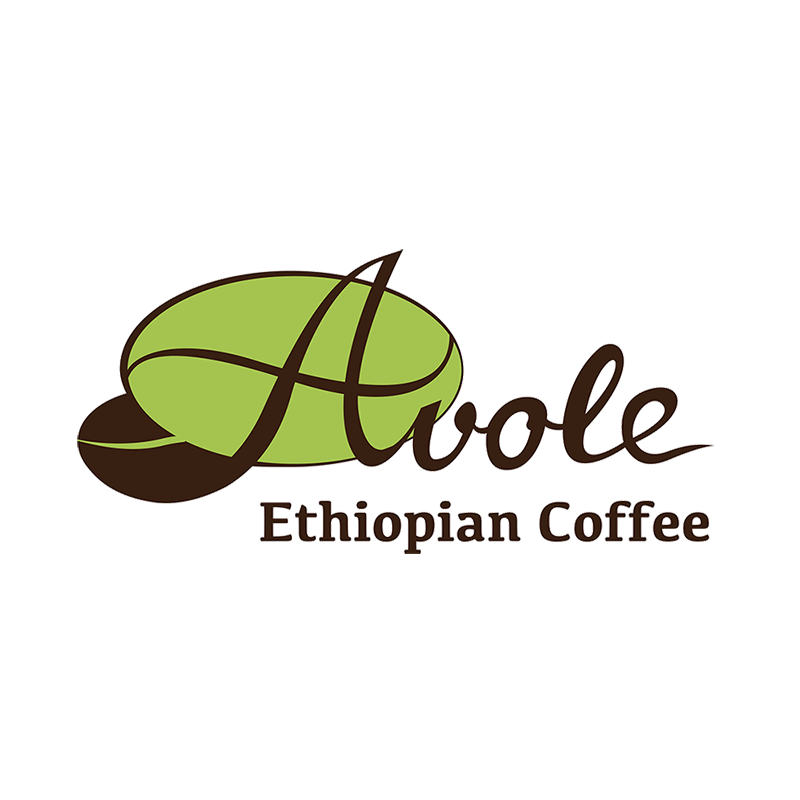


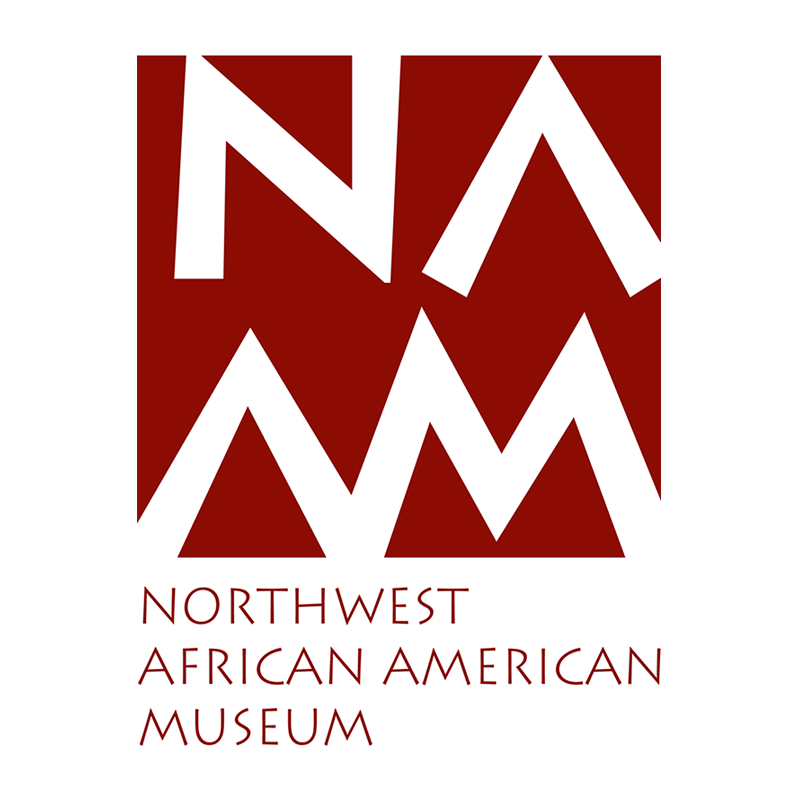

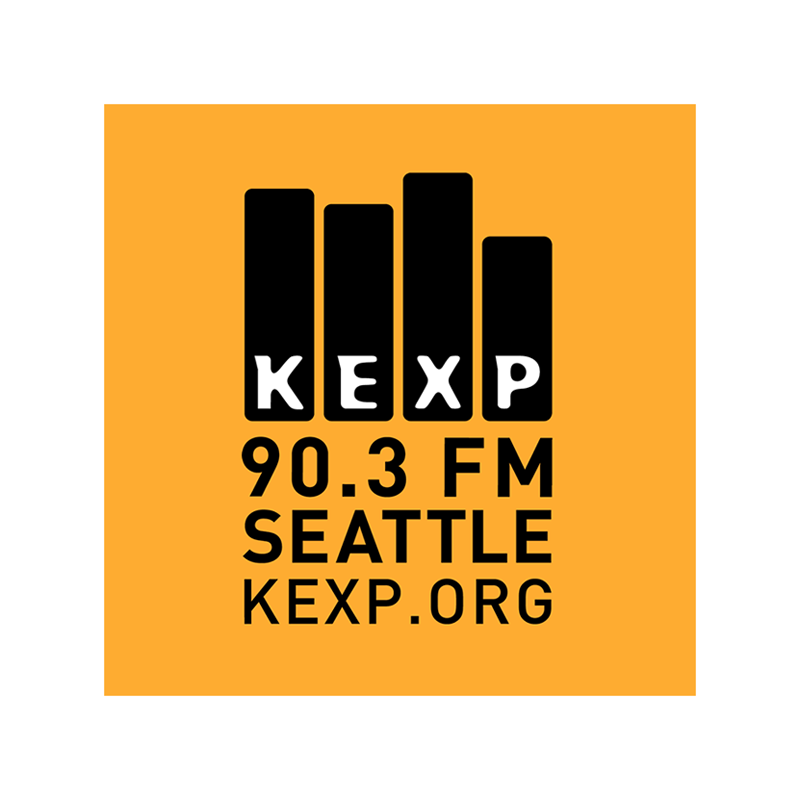
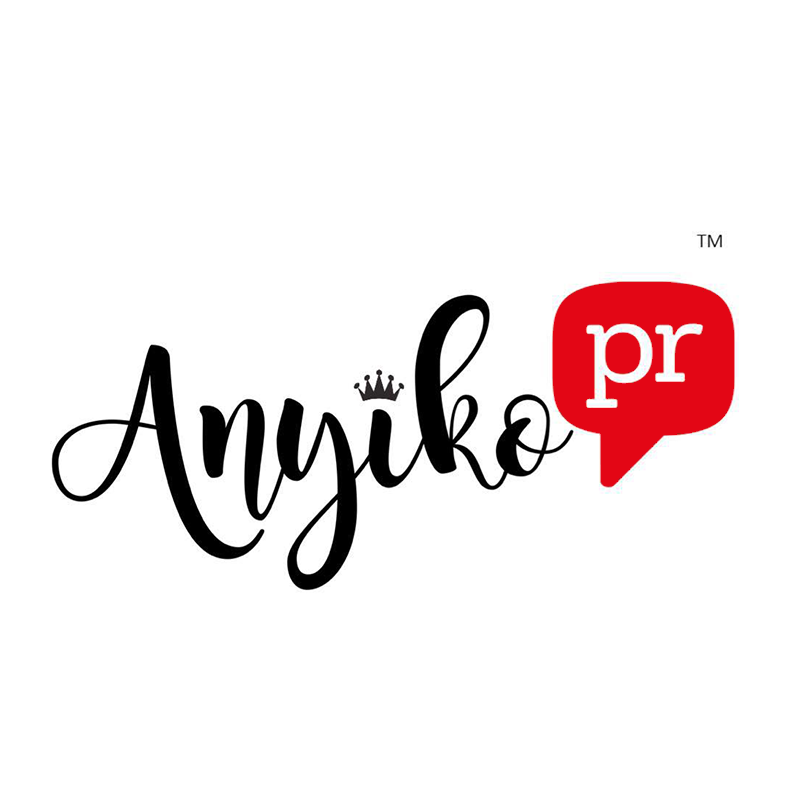


Help Build the Future
.
